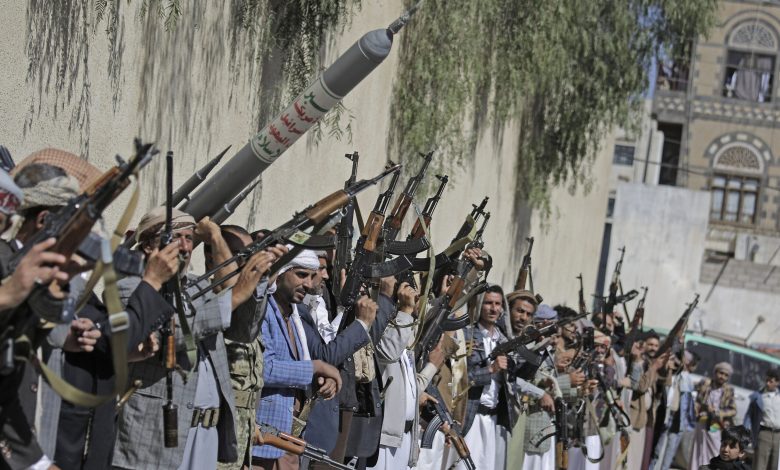Yemeni government regains southern province from Houthi rebels

Officials said Tuesday that the Forces of Yemen’s internationally recognized government have recovered the entire southern province of Shabwah from Iran-backed Houthi rebels. This development is a blow to the rebels after government forces earlier this month made significant advances in the country’s south.
The government, aided by allies from a pro-government militia, the Giants Brigades, and airstrikes from the Saudi-led coalition, pushed through Shabwah this month, retaking the entire province in a 10-day battle, officials said.
Military spokesman, Mohammed al-Naqib, said they have achieved “all targets” and pushed the Houthis out of the districts of Ain, Usaylan and Beihan.
Gov. Awad al-Awlaki also announced the “liberation of Shabwah”, thanking Saudi Arabia and the United Arab Emirates — which fund the Saudi-led coalition fighting the Houthis.
There was no immediate comment from the Houthis, but two rebel leaders acknowledged to The Associated Press that they lost control of Shabwah. The rebels fled to nearby central provinces of al-Bayda and Marib, said the two, speaking on condition of anonymity because they were not authorized to talk to the media.
Taking Shabwah would enable government forces to cut major supply lines for the Houthis, who have been attacking the key city of Marib, the last government stronghold in northern Yemen, since early last year. The rebels have repeatedly pushed back against UN and US diplomatic efforts to halt the Marib offensive, as well as rebel missile and drone attacks on Saudi Arabia.
UN-led efforts for negotiations have failed to make significant progress in the year’s long conflict in Yemen. The civil war began in 2014, when the Houthis took the capital, Sanaa, and much of northern Yemen, forcing the government to flee to the south, then to exile in Saudi Arabia. The Saudi-led coalition, backed at the time by the US, entered the war months later to try restoring the government to power.
The conflict has since become a regional proxy war that has killed tens of thousands of civilians and fighters. The war also created the world’s worst humanitarian crisis, leaving millions suffering from food and medical care shortages and pushing the country to the brink of famine.












